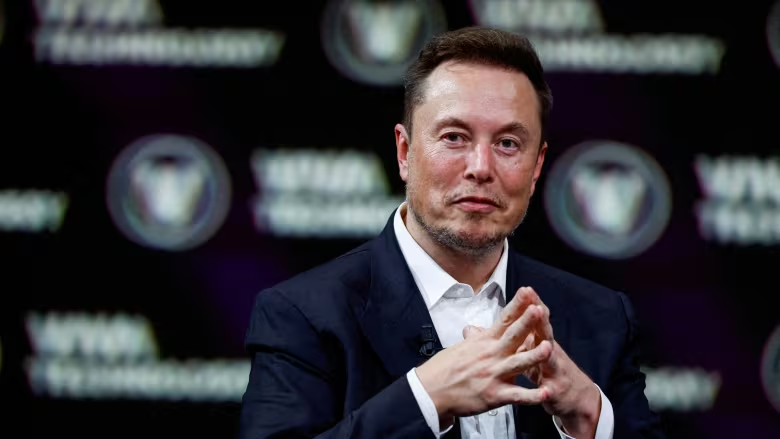A Delaware judge has ruled against reinstating Elon Musk’s controversial $56 billion compensation package at Tesla, raising questions about the CEO’s future and executive pay practices in major tech companies. Initially approved by Tesla shareholders in 2018, the package was designed to reward Musk with stock options based on ambitious sales and market capitalization milestones.
Background of the Compensation Package
The package, first proposed in 2017, consisted of 12 tranches of stock options, each unlocked only when Tesla met specific performance goals. The plan aimed to retain Musk, who is credited with driving Tesla’s growth and innovation in the electric vehicle market.
Despite shareholder approval, the plan faced criticism for its size and perceived excessiveness. Major institutional investors, such as the California State Teachers’ Retirement System and Norway’s sovereign wealth fund, voiced concerns about fairness and corporate governance. Following this, a shareholder filed a lawsuit claiming that Tesla’s board had misled investors during the approval process.
Court Decision and Ruling
In January, Delaware Chancery Court Judge Kathaleen McCormick sided with the plaintiff, describing Musk’s pay package as “excessive.” The ruling nullified the $56 billion agreement, despite Tesla’s arguments that Musk had already met the plan’s terms.
The court also ordered Tesla to pay $345 million in legal fees to the attorneys pursuing the case, highlighting the high stakes involved in disputes over executive compensation. The decision serves as a reminder that even shareholder-approved packages can face judicial scrutiny if deemed unreasonable or disproportionate.
Tesla’s Defense
Tesla and Musk have consistently maintained that the package was crucial to retaining a visionary leader. Supporters argue that Musk has been instrumental in Tesla’s technological achievements, including innovative electric vehicles, expanded production capabilities, and rapid market growth.
The company emphasized that the package was performance-based, meaning Musk would benefit only if he delivered significant shareholder value. Nevertheless, critics argue that the award is far beyond typical executive compensation and raises serious questions about fairness and governance.
Impact on Corporate Governance
This ruling has wider implications for executive pay practices across industries. It underscores the importance of transparency, reasonableness, and alignment with shareholder interests. Boards must now consider that even packages approved by shareholders can be overturned by courts if deemed excessive.
For Tesla, this may affect future compensation strategies. The company will need to balance incentivizing executives with maintaining investor confidence and avoiding legal challenges. Musk’s leadership remains critical to Tesla’s success, making carefully designed and defensible compensation plans essential.
Investor Reactions
Investors and analysts have closely followed the ruling. Some view it as a necessary check on excessive executive pay, ensuring shareholder interests are protected. Others worry it could make attracting top leadership talent more challenging, especially in industries that rely on visionary founders.
Institutional investors who initially opposed the package may see the court decision as validation, while shareholders who supported it could feel their voting influence was undermined.
Looking Ahead for Musk and Tesla
Although the ruling nullifies the pay package, Musk continues to serve as CEO. However, the case raises important questions about future incentives and executive retention strategies. Tesla will likely need to restructure compensation plans to reward performance while remaining legally defensible, ensuring leadership incentives align with long-term shareholder value.
The case also highlights increased scrutiny on executive compensation in high-growth companies. Courts, regulators, and shareholders are increasingly focused on fairness, transparency, and alignment with company performance.
Conclusion
Delaware’s ruling against Elon Musk’s $56 billion Tesla pay package marks a significant moment in corporate governance. While Musk remains at the helm, the decision emphasizes the legal and ethical considerations surrounding high-value executive compensation. Tesla’s future steps regarding compensation, shareholder relations, and retaining top leadership will be closely monitored as the company continues to innovate in the electric vehicle space.




